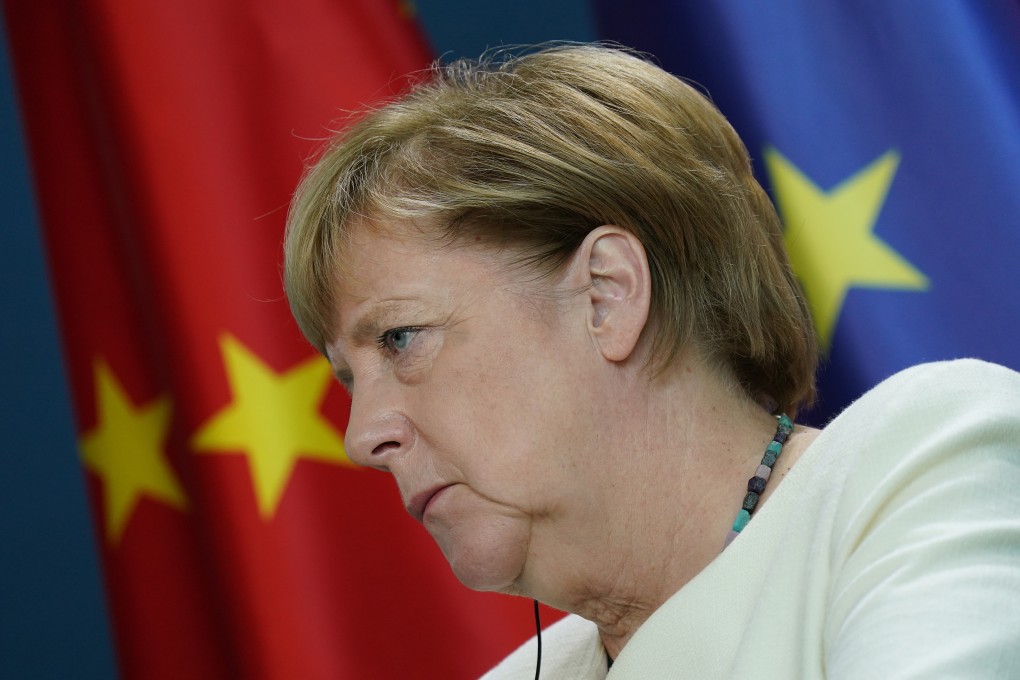Advertisement
Life after Merkel: Germany’s ties with China head into the unknown
- German chancellor discussed climate change and economy with China’s president but not sanctions against Europeans, Huawei or human rights
- The EU-China investment deal is seen as a necessary boundary to keep China in check by some but perceived by others in Germany as squandering leverage
Reading Time:5 minutes
Why you can trust SCMP
11

The day after his name appeared on a Chinese government sanctions list in March, the German politician Michael Gahler was reached by phone at his Brussels office, sounding philosophical and not at all bitter.
The two-decade veteran of the European Parliament was one of dozens of elected officials punished by Beijing for the European Union’s sanctioning of four low-ranking Chinese officials over human rights abuses in Xinjiang, probably for his chairmanship of a parliamentary “friendship group” with Taiwan.
But while angry colleagues cited sanctions, human rights and a smorgasbord of other issues in vowing to block the passage of the EU’s investment deal with China agreed in December, Gahler urged calm.
Advertisement
“This deal is in our interest as it gives better market access, more legal certainty. I am still in favour, I will not use my own personal sanctioning as a crusade,” he told the South China Morning Post.
Gahler’s reaction would no doubt have found favour with his colleague in the Christian Democratic Union (CDU) – German Chancellor Angela Merkel.
Over the past fortnight, Merkel has also given the impression that the relationship of Europe – and Germany – with China is too important to get dragged into bitter mudslinging.
Advertisement
Advertisement
Select Voice
Select Speed
1.00x
